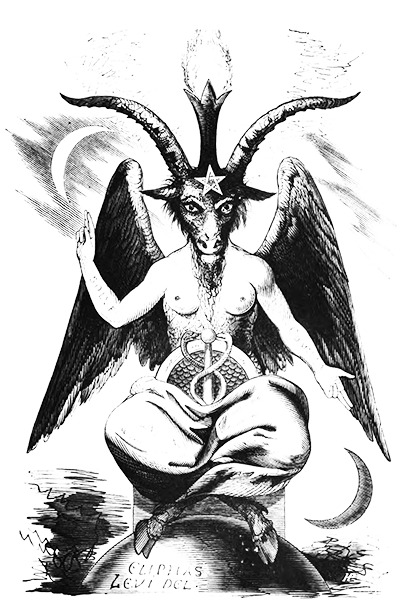The occult encompasses numerous branches, including:
•
Hermeticism: Rooted in the writings attributed to Hermes Trismegistus,
Hermeticism explores the unity of the spiritual and material realms.
•
Alchemy:
Alchemy seeks spiritual and material transformation through the transmutation of base substances into pure ones.
•
Astrology:
Astrology links celestial movements to human existence, providing insights into personality and life events.
•
Witchcraft:
Witchcraft includes
Wicca and various other traditions that focus on natural and elemental forces, often involving rituals and spellwork.
•
Theosophy:
Theosophy explores esoteric wisdom, drawing from Eastern and Western philosophies to promote spiritual evolution.
•
Satanism: Various forms of
Satanism challenge conventional religious norms and explore individualism and self-deification.


